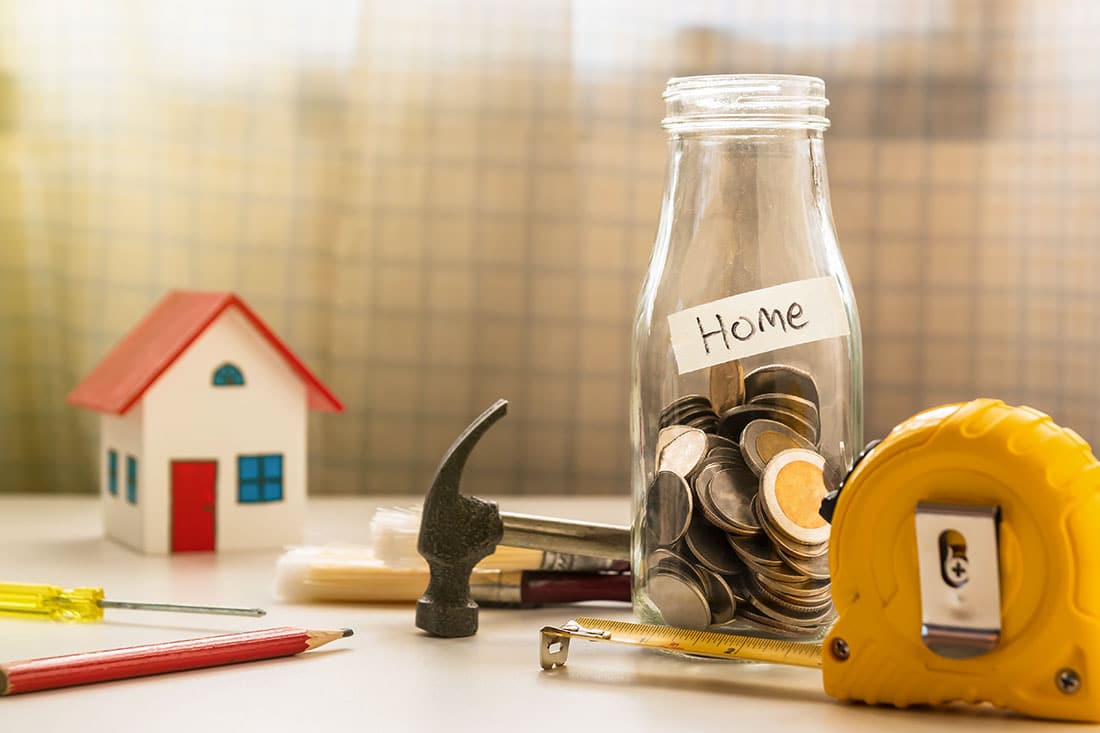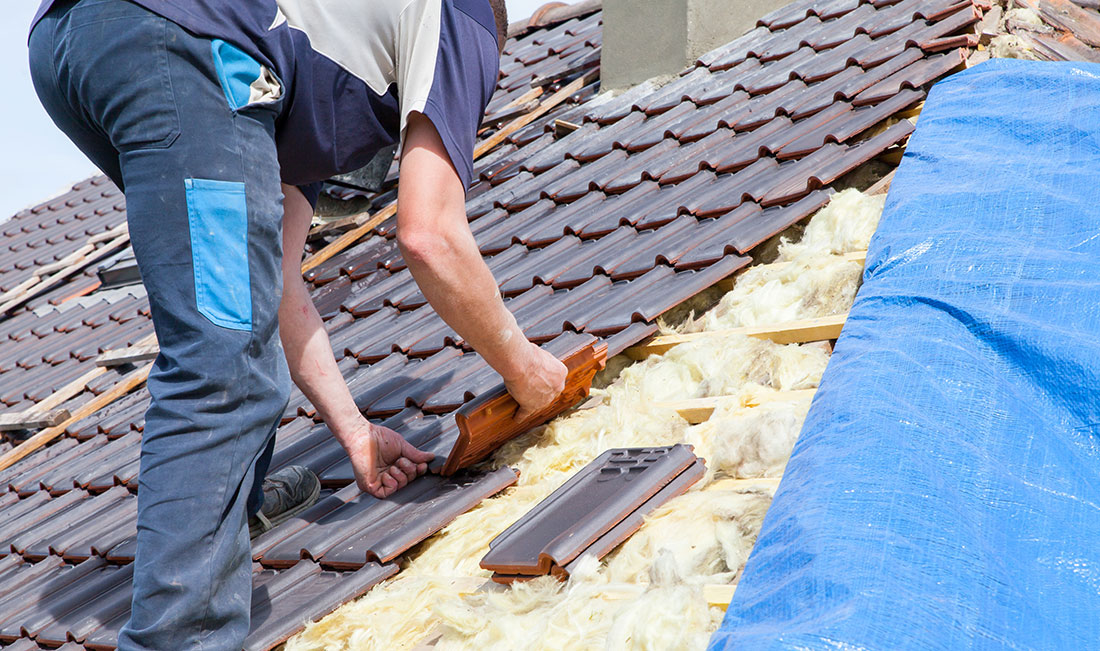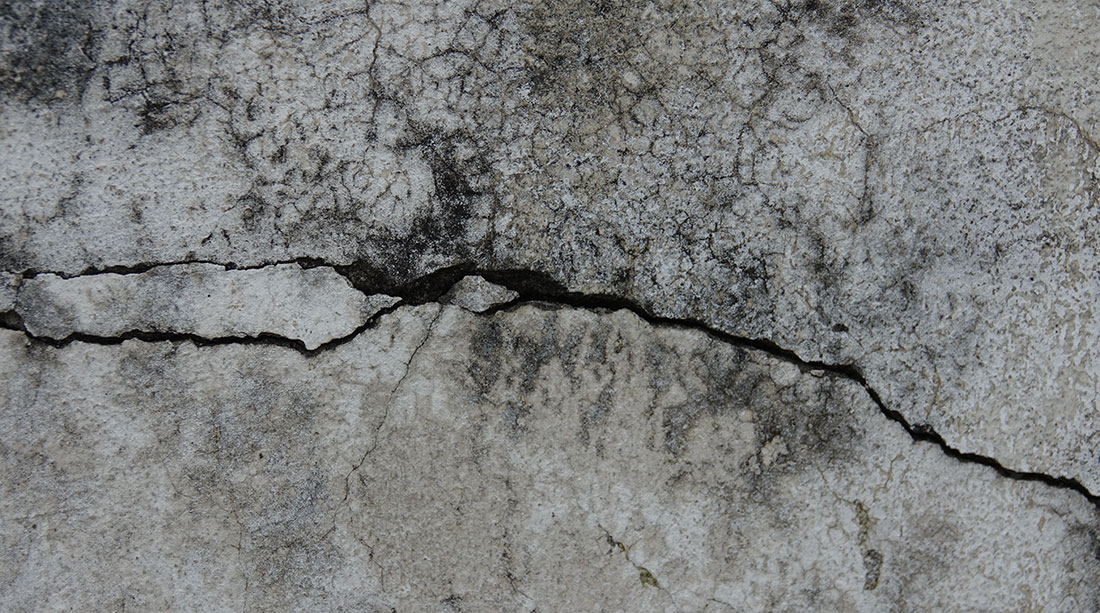
Top 5 Most expensive property repairs and the best ways to avoid them
Owning a rental property is a great investment. Unfortunately—as every owner and property manager knows—it’s not just a set-it-and-forget-it process. For all their potential upside, rental properties can have their drawbacks.
Outside of normal upkeep and maintenance expenses, there are some distinct rental property issues that can lead to high repair costs, the loss of revenue, and other headaches for you. In this article, we’ll review the 5 most costly property repairs, and how you can best go about avoiding them.

Roofing Leaks
In general, roofing problems can be expensive and complicated to fix on their own. Add in the compounding issue of water intrusion into the home, and you’re staring down a complex, costly mess.
Major roof leaks develop over time. It starts with missing shingles, clogged gutters, or damaged flashing. Any of these lead to water pooling on the roof and the underlayment becoming exposed to the elements. As it wears through, water and ice are now free to access the roof structure.
This is not only a headache to repair, but also a financial hassle as a property owner. In fact, roof leaks can cost up to $10,000 in repairs, and that’s not to mention the potential loss of rental income if your renter needs to temporarily move out while the roofing repair problem is being addressed.
Leaks can compromise the property’s structure and lead to the development of mold and mildew. This presents a clear-and-present health risk to your renters. Mold remediation is often expensive, time-consuming, and intrusive.
What are the best ways to avoid water damage to your roof? In addition to keeping an eye on shingles and tile, make sure that you’re regularly clearing out gutters and downspouts. Clogged gutters are the most common issue that can lead to an overflow of water: most clogs are caused by leaves and branches, while others take the form of rodent or bird nests.
In general, we recommend that you check your roof and gutters monthly to extend the life of your roof and prevent major issues. It’s also worthwhile to have a roofing professional out to inspect your roof every year.
HVAC Systems
A reliable, effective, and efficient HVAC unit can be a strong selling point when renting out your property. Heating and cooling features are an expectation of tenants, and—depending on where the property is—operational HVAC units may be mandated by law. Most air conditioners and furnaces last between 15 to 25 years with proper care. However, if yours needs to be replaced, you could be on the hook for major repair costs.
The longevity of your property’s HVAC unit can be extended by staying on top of maintenance. Have an HVAC professional out to inspect your air conditioner in the spring and look at your furnace or heating system in the fall. If these professionals make recommendations for repairs, take action right away.
Be sure to also keep on top of property upkeep that helps the HVAC systems work more effectively, such as switching out the air filter every 3-6 months. This will improve indoor air quality for your renter and keep the airflow moving to-and-from the system. Procrastinating on any of these action items can potentially shorten the lifespan of your HVAC system.

Foundation & Structural Damage
The cost of foundation repairs can range anywhere from $250 to $12,500. Depending on the size of your property, however, those expenses can skyrocket all the way up to $40,000. Foundation damage and structural damage are interlinked, and either presents a massive hazard for anybody inside. To minimize any structural damage, you should be inspecting the foundation regularly.
When inspecting your property’s foundation, basement, or crawlspace, you should be looking out for any type of issue that may escalate into a major problem. A couple of these warning signs include:
- Warped ceilings
- Sloping foundation
- Cracks in walls or floors
- Water leaks
- Termite infestations
The common causes of most rental property structural problems are poor soil quality, plumbing leaks, tree roots, or termites. In fact, termite infestations are one of the most common structural problems that occur or go unnoticed for a long period of time. Early detection and treatment are the key to preventing or limiting the damage of all of these foundation problems. It is highly recommended that you schedule regular inspections before any significant property damage manifests.
Sewer Pipes
There are two major causes of sewer line issues: tree roots and grease buildup inside the line. In both cases, a blockage or clog will form that eventually prevents wastewater from exiting the home to the municipal sewer. This puts the home at serious risk of a sewer backup event, which can result in significant water damage and mold cleanup.
The best way to prevent sewer line issues is by calling your local plumber and having them inspect the inside of the line for any blockages in the process of forming.
Electrical Wiring
Faulty or loose electrical wiring is dangerous and a major fire hazard for your rental property. Fixing extensive wiring or electrical issues can be expensive, especially if a once-minor problem is ignored. Many property owners will make the mistake of waiting to repair a small issue until it becomes a substantial one. This can result in disaster.
All electrical repairs and rewiring work is best left to a licensed and experienced electrician. Have a professional examine the outlets, electrical fixtures, and wiring to identify where the root problem lies. As a property owner, you should consider hiring a professional electrician about once a year to make sure everything is working properly.
Protect your property
Property ownership is an investment, so ensure your investment is safe by being proactive. Schedule the routine inspections and preventative maintenance needed to prevent the major issues outlined above, so that owning a rental property continues to be something you benefit from, not pour money into year-after-year.
